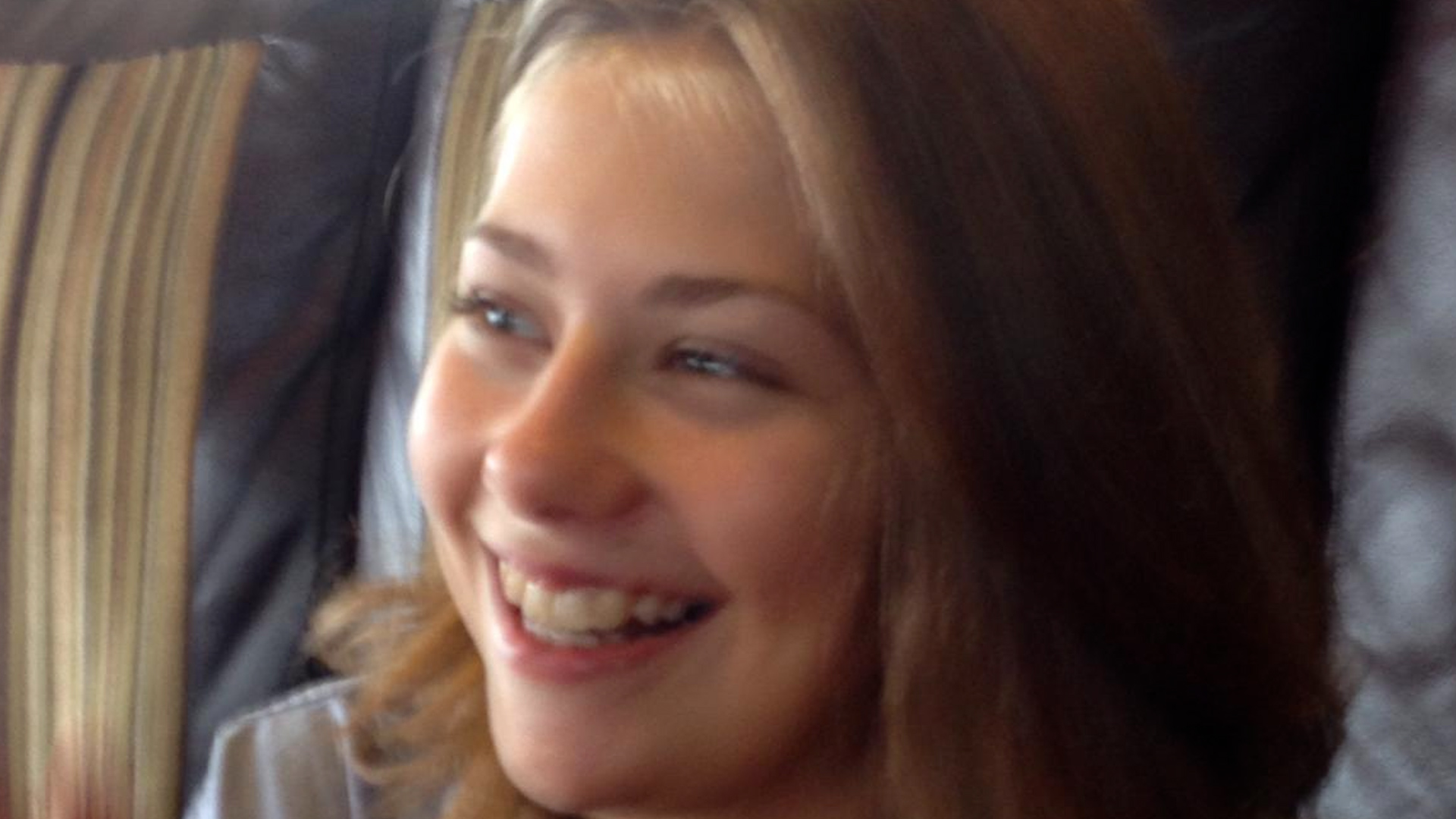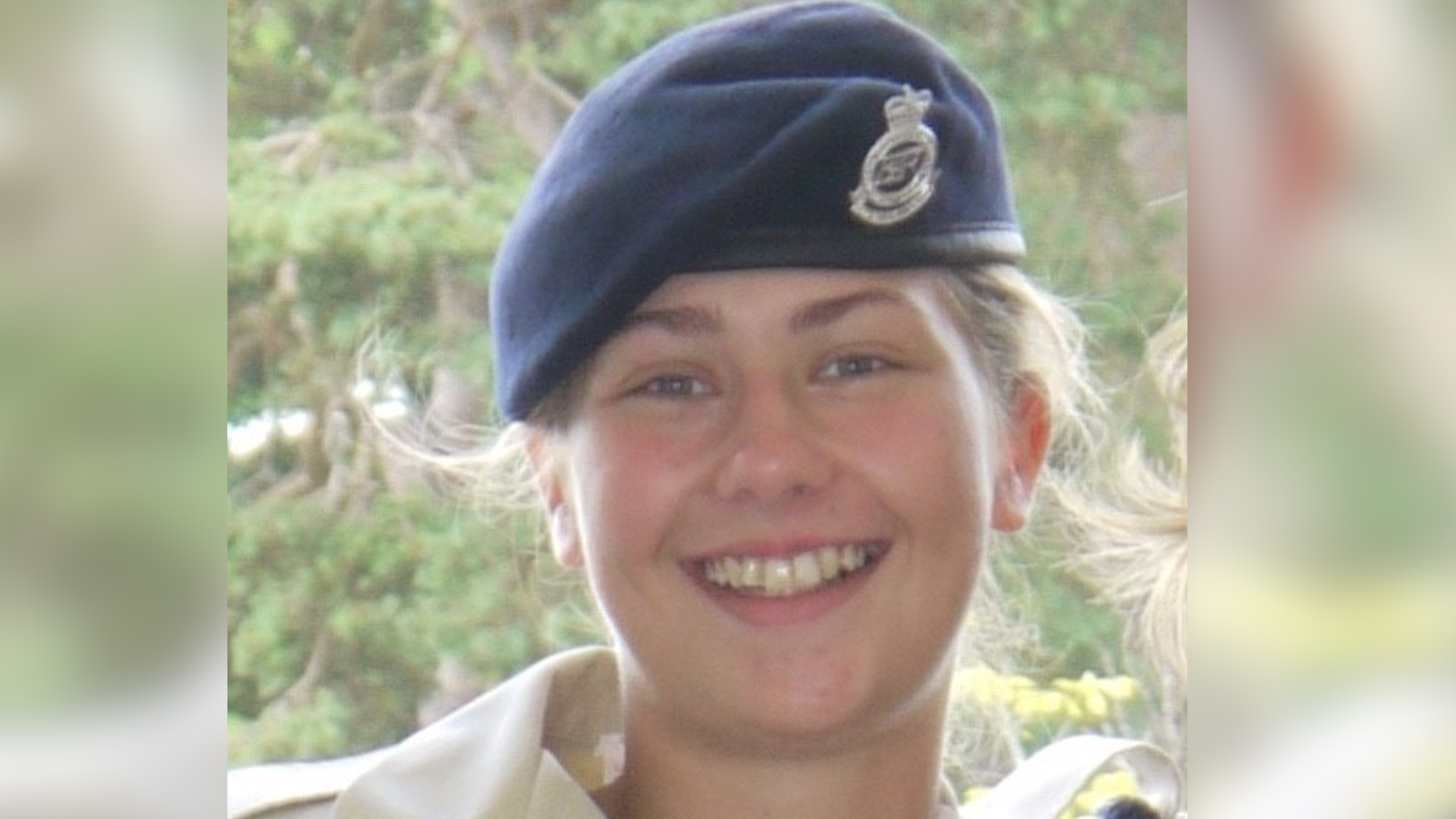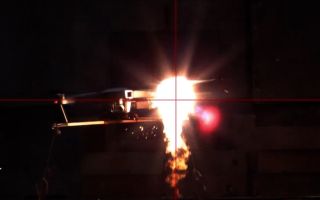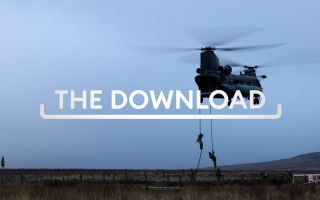
Sandhurst suicide could've been prevented with right support, victim's mother says

The mother of an officer cadet who took her own life while training at Sandhurst military academy has said the family is "still utterly devastated", particularly as the British Army missed the chance to prevent her daughter's suicide.
Olivia Perks took her own life in February 2019 while training at the establishment in Berkshire.
In her first broadcast interview since her daughter's death, Louise Townsend told the BBC's Women's Hour she doesn't think she will "ever really come to terms with her loss… particularly knowing that it was completely unnecessary if the right welfare support had been engaged at the right time".
She told the BBC there were two notable incidents leading up to her daughter's death, but she was unaware of any issues Olivia was facing at Sandhurst.
After a Royal Engineers event at Week 10 of training, officer cadets "drank to excess and then when the bar was drunk dry, the whiskeys came out" – despite Sandhurst's rule that officer cadets are only allowed two alcoholic drinks.
"So you've got a young, very small officer cadet drinking to keep up with everybody," Ms Townsend said.
"She became ill, clearly extremely drunk, and then she started to act completely out of character.
"Said that she was so happy, this is the best that could ever happen to her and she was ready to go.
"Saying 'just let me go, let me go', asking to be left so she could wander to the sea.
"She started to use her hands, apparently we're told, to try and choke herself – this was with people present."
After the event, Ms Townsend said Olivia was seen by a psychiatry team at the local military hospital but was not deemed "any suicidal risk". Olivia was then disciplined for being drunk and self harming.
"So really, from week 11, she felt, I guess, under the cosh really because she was under this, in her eyes, quite a big disciplinary question mark," Ms Townsend said.
One year later, at a ball, Olivia became "extremely drunk", "quite vocal [and] incredibly inebriated", her mother said.
"A member of the directing staff, who knew what had happened at the engineers event, who himself was extremely drunk, went up to her and took her into his office on the lines," her mother said.
Both Olivia and the more senior male member of staff denied any sexual activity took place.
The following day, according to her mother, "she missed the parade" and "on her way out of the accommodation block, she ran straight into two senior members of the chain of command".
"She was interrogated as to where she'd been, what had happened," Ms Townsend said.
"At this point I have to say she was still completely under the influence of alcohol and she was completely interrogated to get an answer to where she had been.
"And, I think, at that point, she was the one that was being, well she certainly wasn't being treated as any victim, she was the one being treated as the person responsible for what had happened, really."
Ms Townsend said no support was offered to Olivia "whatsoever, and then we get to the aftermath of the ball where she's in quite a distressed state".
"If someone had actually said, even morally, just said looking at this young person who is so distressed by this interrogation, effectively, that she's under, that actually let's just stop, morally, let's just stop," she said.
"Let's just get her to somewhere that's safe, where she can decompress.
If she'd been sent [to the medical centre], I really don't feel, and I think these were supported by the coroner, I don't really think we would have been where we're at now."
"I don't think it would have got to the point of the 6th of February when she decided that there was no other alternative, to take her own life.
"I think she just felt like that was it, her entire military career was over.
"Effectively for her, her life was over because she'd spent a quarter of her life getting to this point, getting to this wonderful place that she felt and I think she felt that there was no other alternative but to do what she did."
Ms Townsend said she believes there is "a vast improvement" in the British Army now compared to when Olivia was at Sandhurst.

"But," she says, "I don't think changes alone will change just the toxic culture because it is embedded, really, in our Armed Forces.
"And a lot of work needs to be done to change that culture and really bring the Army into the 21st Century.
"I really, really hope that they do drive forward with those changes so that they can promote a culture that supports and nurtures the wellbeing of young officer cadets.
"I think, as a mum, I would like to be part of [it], just to witness the longevity and the embedding of the recommendations are really seen through."
Ms Townsend also feels that if she had been contacted, she would have "instantly… been down there" trying to help her daughter.
"We pushed to get the answers, at the beginning of this journey I think some of the responses I was getting to my questions was very much 'she was mentally ill'," she said.
"That was my perception, and I knew that wasn't right and that's why we pushed and we pushed and we pushed.
"We've now got quite a lot of answers to the questions that we didn't have at the beginning of this journey but we still haven't got her with us and that’s devastating.
"I would hope that I can create a positive legacy in her memory and I hope that changes are being embedded within Sandhurst and the wider military establishments to make sure that young people don't have to go through what she had to go through."
If you or someone you know needs support at this time, find help available on our website.









